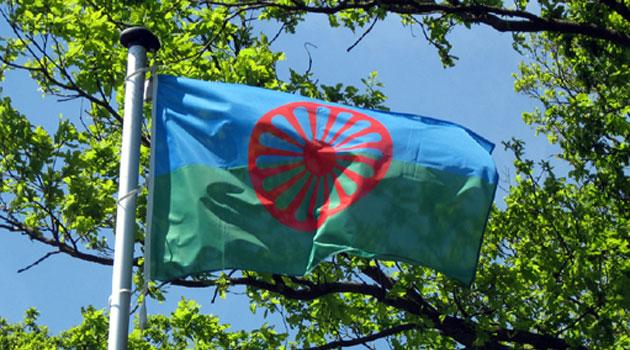On April 8, we usually celebrate International Roma Day in public places. This year, because of the coronavirus pandemic, we are doing it online from our homes, paying respect to those who have died and fearing the consequences of the health crisis for our future. The coronavirus has been with us for only a few months, but it has already provided three important lessons that can give us hope.
Lesson number 1: the situation of Roma cannot be separated from the situation of a whole country. We have said many times that if we have jobs, the economies of our countries benefit; if we have protection from the far right, our democracies are protected. Governments have ignored this, however, and forced us deeper into poverty.
Now, faced with the virus, we are among those at greatest risk of infection and death. Roma are younger than the majority population but also in much poorer health. Roma families have much less money to buy masks, medication, and food and can less afford physical distancing. Many who had incomes before the crisis—street vendors, musicians, factory workers, those who collect recyclables—were among the first to lose them. Too many Roma communities are without water and sewage, and are located too far from health centers.
The virus spreads fast and has no prejudice, so these conditions not only increase the danger of the coronavirus for Roma but for everyone in our countries. Therefore, coronavirus confirms that our governments cannot improve the situation for everyone without improving the conditions in which Roma live.
VIDEO
Lesson number 2: racism can be overcome when governments and the public have an interest in doing so. Stereotypes of Roma as lazy and dirty, as “inadaptable” thieves and parasites, disappeared as an obstacle for Roma medical professionals to treat patients in hospitals. Just as prejudice was no obstacle when Roma soldiers are called to defend their countries in war, it disappears as an obstacle when Roma are defending their countries against the virus. When our countries need us, Roma are ready to protect them.
Lesson number 3: Our resilience and self-determination have grown. Without waiting for others, Roma movements and activists have been the first to support our communities: the Kethane Movement in Italy and Camelamos Naquerar in Spain―the European countries where the virus has hit hardest―Aresel in Romania, Avaja in North Macedonia, and the Roma Standing Conference in Bulgaria, just to name some of them. They and many others quickly organized to provide food, medication, water, and information to their communities and to speak up about what governments must do differently. The Roma diaspora in Western Europe has also mobilized to help its brothers and sisters in Bulgaria, North Macedonia, and other countries. We have never before seen such rapid, widespread, and transnational mobilization.
These three lessons will be crucial once a treatment has been found and the immediate coronavirus crisis is over. Its negative consequences on our jobs, the education of our children, and the conditions in which we live will remain with us. Treating these problems will take much longer, and we know Roma will be the worst hit once again.
Will our countries ignore us again? Will our governments be there when we need them, as we were there when they needed us? It is not up to Roma to answer these questions; it is up to our countries, our governments, and the European Union.
It is up to us, however, to answer the following question: If we could organize ourselves better than ever before in response to this crisis, can we continue and expand that to protect our interests after the crisis?
A culture of resilience in the most adverse situations and the creativity to turn too little into just about enough have always been with us. However, in the last weeks, we have seen solidarity, care for the most vulnerable, and collective self-organization grow among our communities. These values will be crucial to getting through the crises ahead of us.
Building on these values, we in the Roma Initiatives Office together with our network of national movements and our biggest international Roma organizations—the Roma Education Fund (REF), the Roma Entrepreneurship Development Initiative (REDI), and the European Roma Institute for Arts and Culture (ERIAC)—are starting today a united campaign to respond to both the coronavirus crisis and its economic and political consequences. Our campaign will build on our resilience and expand Roma self-determination. That was the spirit of the first World Romani Congress in 1971. That is the spirit of our leadership for the 21st century.
Upre Romalen!

